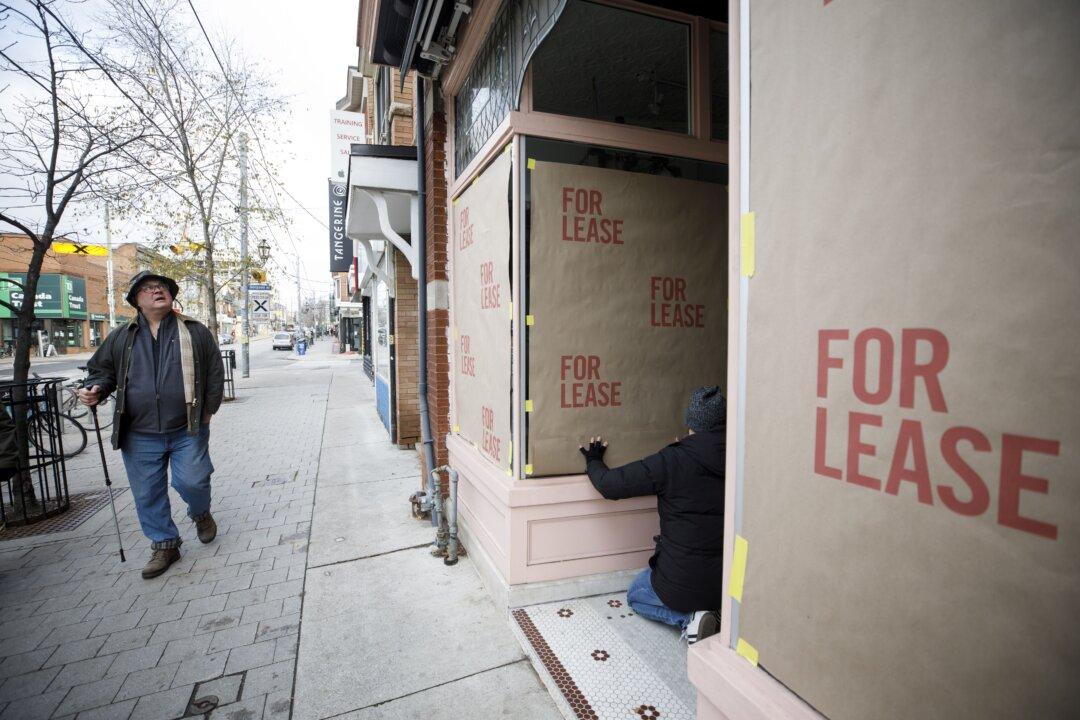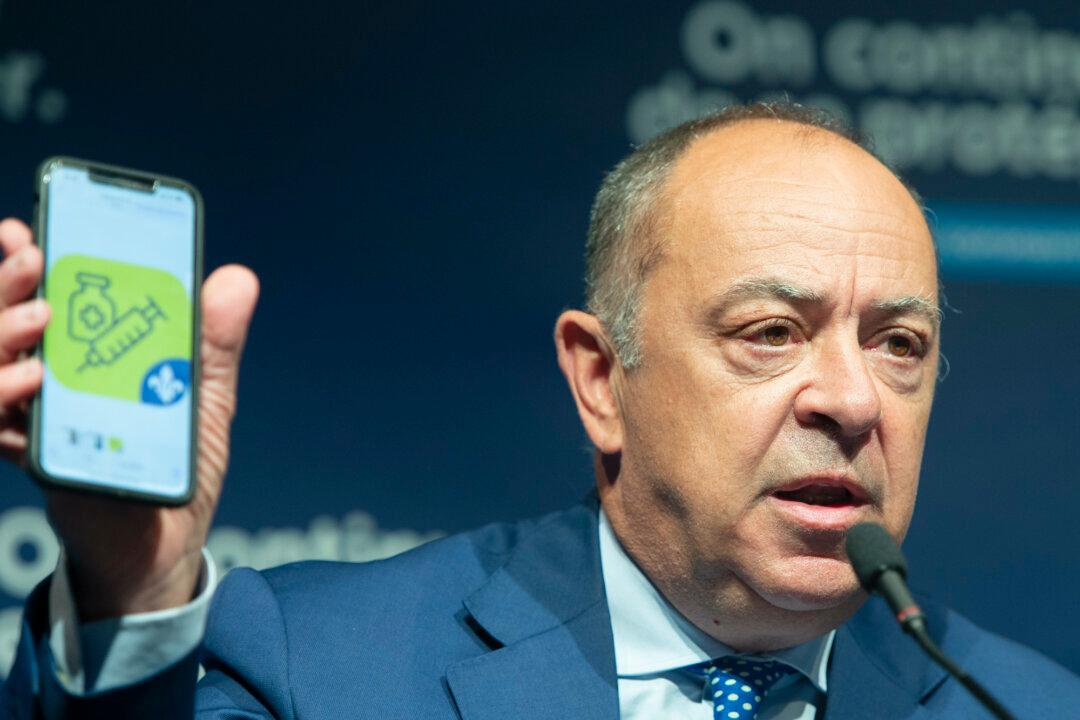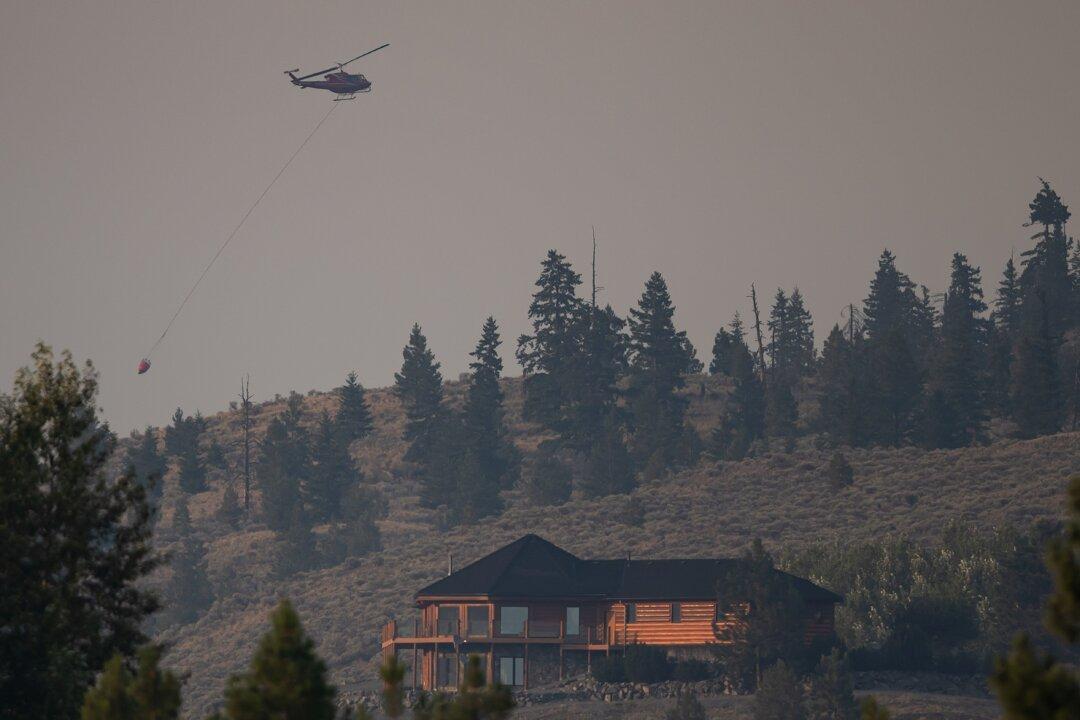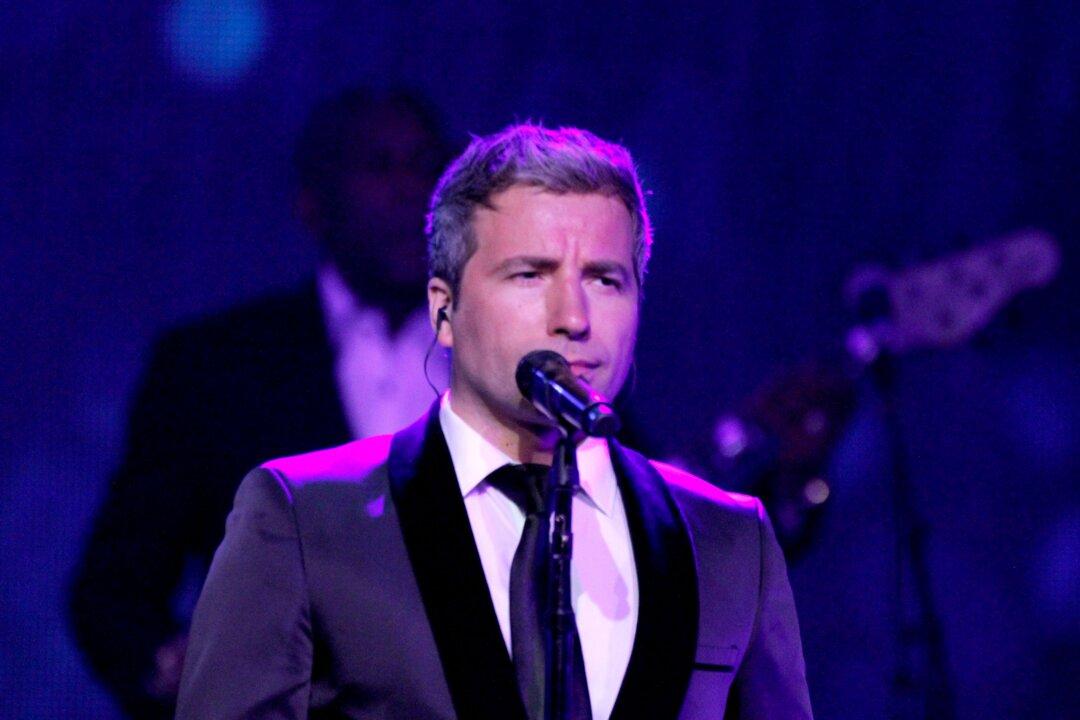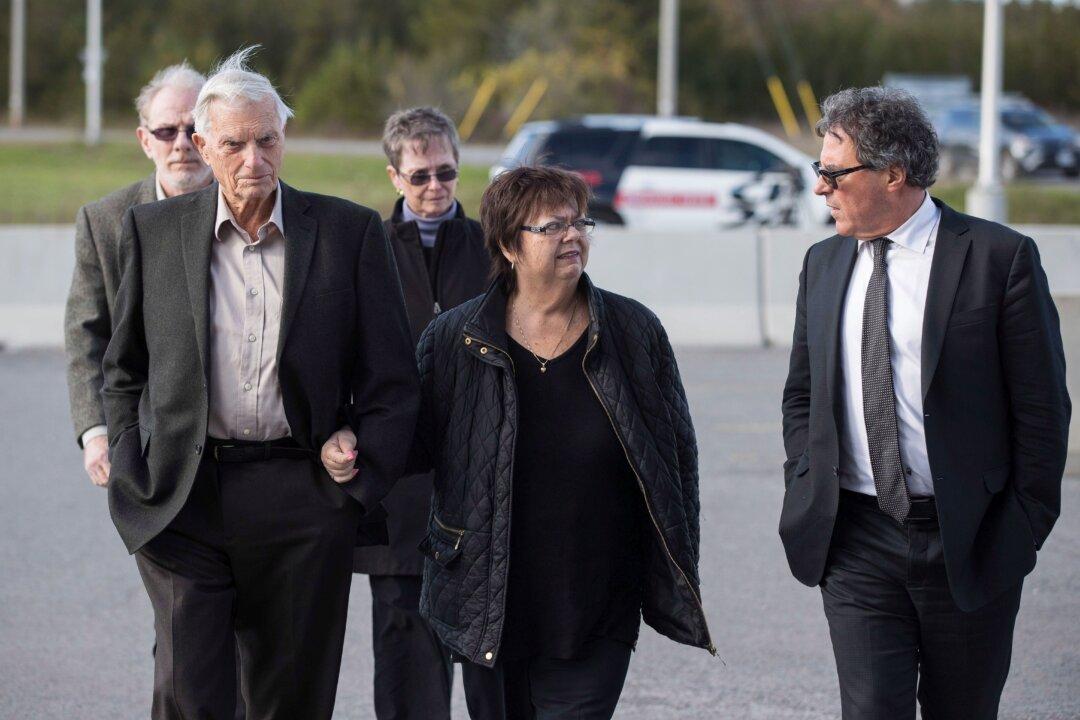An appliance store chain is challenging recent COVID-19 lockdown measures in Toronto and Ontario’s Peel Region in the hopes of being able to operate despite the restrictions.
On Dec. 3, Canadian Appliance Source sought a court ruling to allow its stores to open, arguing that it stands to lose millions due to the closure. Justice Frederick Myers of the Ontario Superior Court postponed the hearing until Dec. 8.
